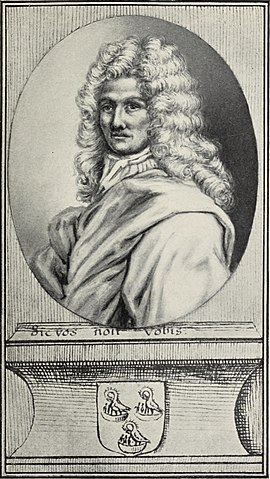William Paterson
William Paterson (1658–1719) was a Scottish trader, banker, and financial innovator best known for his role in founding two significant institutions: the Bank of England and the ill-fated Darien Scheme through the Company of Scotland. In 1694, understanding the English government's need for a stable financial mechanism amidst wars and fiscal challenges, Paterson proposed the idea of a national bank. His vision materialized as the Bank of England, which became the model for many modern central banks. He was initially one of its directors, but disagreements led him to depart from the bank within its first year.
Beyond his involvement with the Bank of England, Paterson's ambitions extended to overseas ventures. He was a driving force behind the Darien Scheme, an ambitious but ultimately doomed attempt by the Company of Scotland to establish a Scottish colony on the Isthmus of Panama. The scheme's failure had significant economic repercussions for Scotland, intensifying financial hardships and contributing to the country's willingness to enter into the Acts of Union with England in 1707.
This event is also available in the following timelines:
